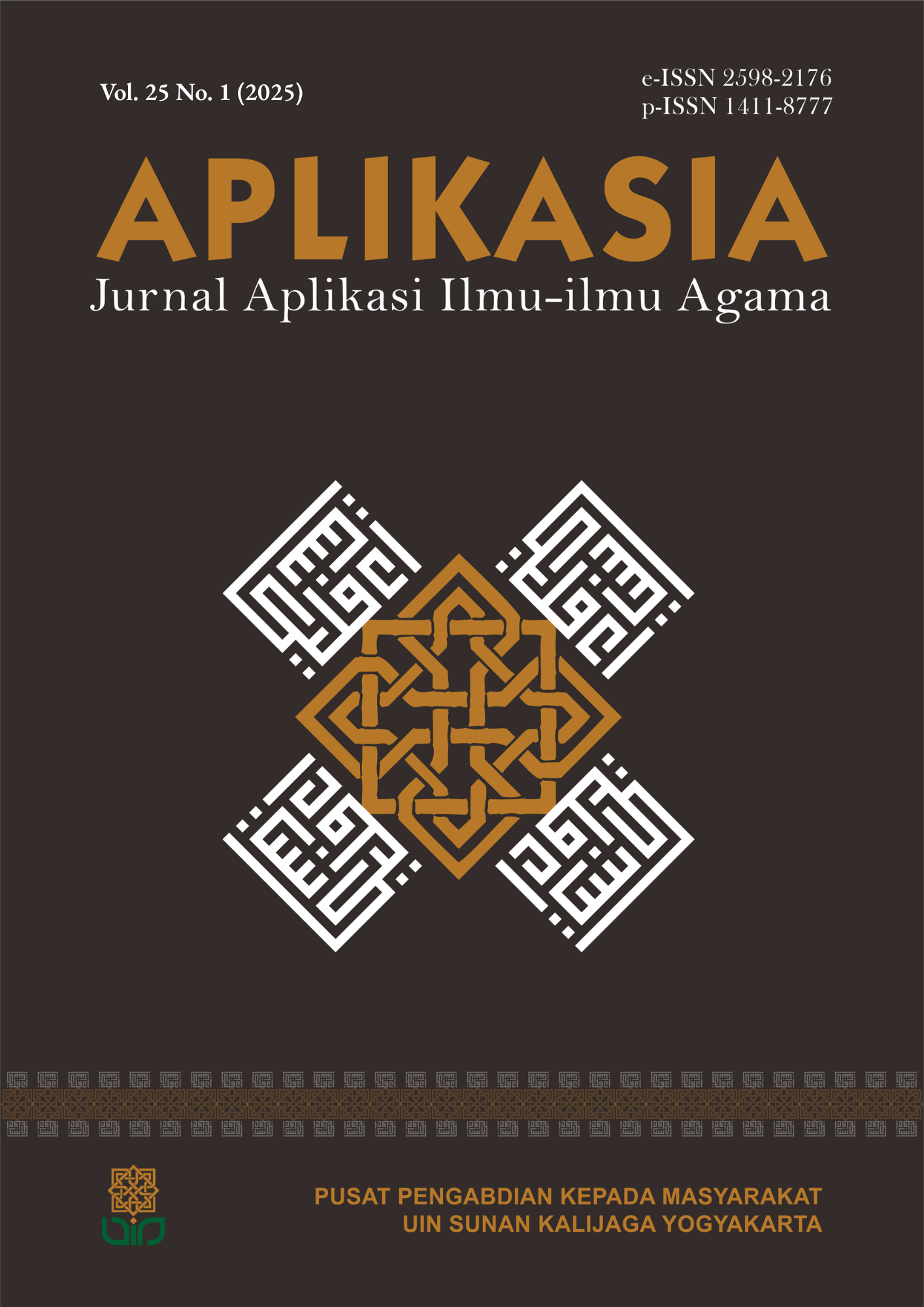Abstract
Government support and related parties is very necessary for MSMEs who often face challenges such as limited capital, market access and technology, to increase competitiveness and sustainability.. The application of ergonomic technology in the production process can increase efficiency and productivity, especially in small and medium industries (SMEs). This PKM aims to implement ergonomic trolleys in the red brick making process at UMKM Kaliwungu, Kudus, in order to reduce physical workload and increase productivity. The method used in this PKM uses a quantitative method by providing assistance and counseling on ergonomic aspects in the design of production aids through four stages, namely partner situation analysis, partner problem identification, PKM implementation and evaluation of PKM implementation. The results of the study showed that the use of ergonomic trolleys was able to increase the efficiency of transporting raw materials by 27.59% and reduce the risk of injury due to repetitive manual activities. In addition, productivity increased by 38.15% after the implementation of ergonomic trolleys. Positive impacts were also felt by workers who claimed to be more comfortable and less tired while working
References
Adiyanto, O., & Prasetyo. (2019). Manual Material Handling pada Proses Pengangkatan Karung Menggunakan Pendekatan Biomekanika dan Fisiologi. Jurnal Penelitian Saintek, 24(1), 32–38.
Andriani, M., Meurandeh, J., & Lama, L. (2016). Perancangan Peralatan Secara Ergonomi Untuk Meminimalkan Kelelahan Di Pabrik Kerupuk. Jurnal Nasional Sains Dan Teknologi 2016, 1(November), 1–10.
Arminas, & Nofias fajri. (2022). Peningkatan Produktivitas Melalui Ergonomic Pop Rice Machine di IKM XYZ Kabupaten Gowa. Journal of Approriate Technology for Community Services, 3(1), 24–31. https://doi.org/10.20885/jattec.vol3.iss1.art3
Hartono, H., & Hartomo, D. D. (2016). Faktor-Faktor Yang Mempengaruhi Perkembangan Umkm Di Surakarta. Jurnal Bisnis Dan Manajemen, 14(1), 15. https://doi.org/10.20961/jbm.v14i1.2678
Mas’idah, W. (2020). Manual Materials Handling. Advances In Industrial Ergonomics And Safety IV, 915–1004. https://doi.org/10.1201/9781482272383-19
Musyarofah, S., & Setiorini. (2019). Analisis Postur Kerja Dengan Metode Reba Dan Gambaran Keluhan Subjektif Musculoskeletal Disorders (Msds) (Pada Pekerja Sentra Industri Tas Kendal Tahun 2017). Jurnal Kesehatan, 7621(1), 24–32. https://doi.org/10.23917/jk.v0i1.7669
Nalhadi et al. (2022). Pendampingan UMKM ‘Nur Lia’ dalam Meningkatkan Produktivitas Produksi Keripik Pisang. Wikrama Parahita : Jurnal Pengabdian Masyarakat, 6(2), 213–218.
Salam, M. D., & Prathama, A. (2022). The Role Of Local Governments In The Development Of Umkm. Jurnal Kebijakan Publik, 13(2), 137–143.
Saribu, D. S. (2017). Tantangan dan Solusi Bisnis UMKM di Era New Normal. 207–217.
Supriyadi et al. (2023). Pendampingan Peningkatan Produktivitas Usaha Mikro Kecil Dan Menengah Mie. Wikrama Parahita: Jurnal Pengabdian Masyarakat, 7(2), 309–314.
Tawarka. (2011). Ergonomi Industri, Dasar-Dasar Pengetahuan Ergonomi dan Aplikasi Di Tempat Kerja. Harapan Press.
Bridger, R. S. (2003). Introduction to Ergonomics (2nd ed.). London: Taylor & Francis.
Karwowski, W. (2012). The discipline of ergonomics and human factors. In The Occupational Ergonomics Handbook (pp. 3–19). CRC Press.
Rani, N. L., Suryadi, A., & Putra, H. A. (2019). Analisis Postur Kerja dengan Menggunakan Metode REBA dan REBA-Tulis: Studi Kasus Pekerja Pabrik Tahu. Jurnal Ergonomi dan Kesehatan Kerja, 7(1), 45–54.
Rizky, A. R., & Sari, M. (2020). Penerapan Prinsip Ergonomi dalam Peningkatan Produktivitas Kerja UMKM Pengolahan Makanan Tradisional. Jurnal Teknik Industri, 21(2), 99–110. https://doi.org/10.14710/jti.21.2.99-110
Sulastri, E., Handayani, D., & Nugroho, T. (2020). Pengaruh Ergonomi terhadap Keluhan Musculoskeletal Disorder (MSDs) pada Pekerja UMKM. Jurnal Kesehatan Masyarakat Andalas, 15(1), 12–19. https://doi.org/10.24893/jkma.v15i1.210
Sutalaksana, I. Z., Tjakraatmadja, J. H., & Anggawisastra, R. (2006). Teknik Perancangan Sistem Kerja. Bandung: ITB Press.

This work is licensed under a Creative Commons Attribution-NonCommercial-ShareAlike 4.0 International License.
Copyright (c) 2025 The copyright of published articles belongs to the author(s)

